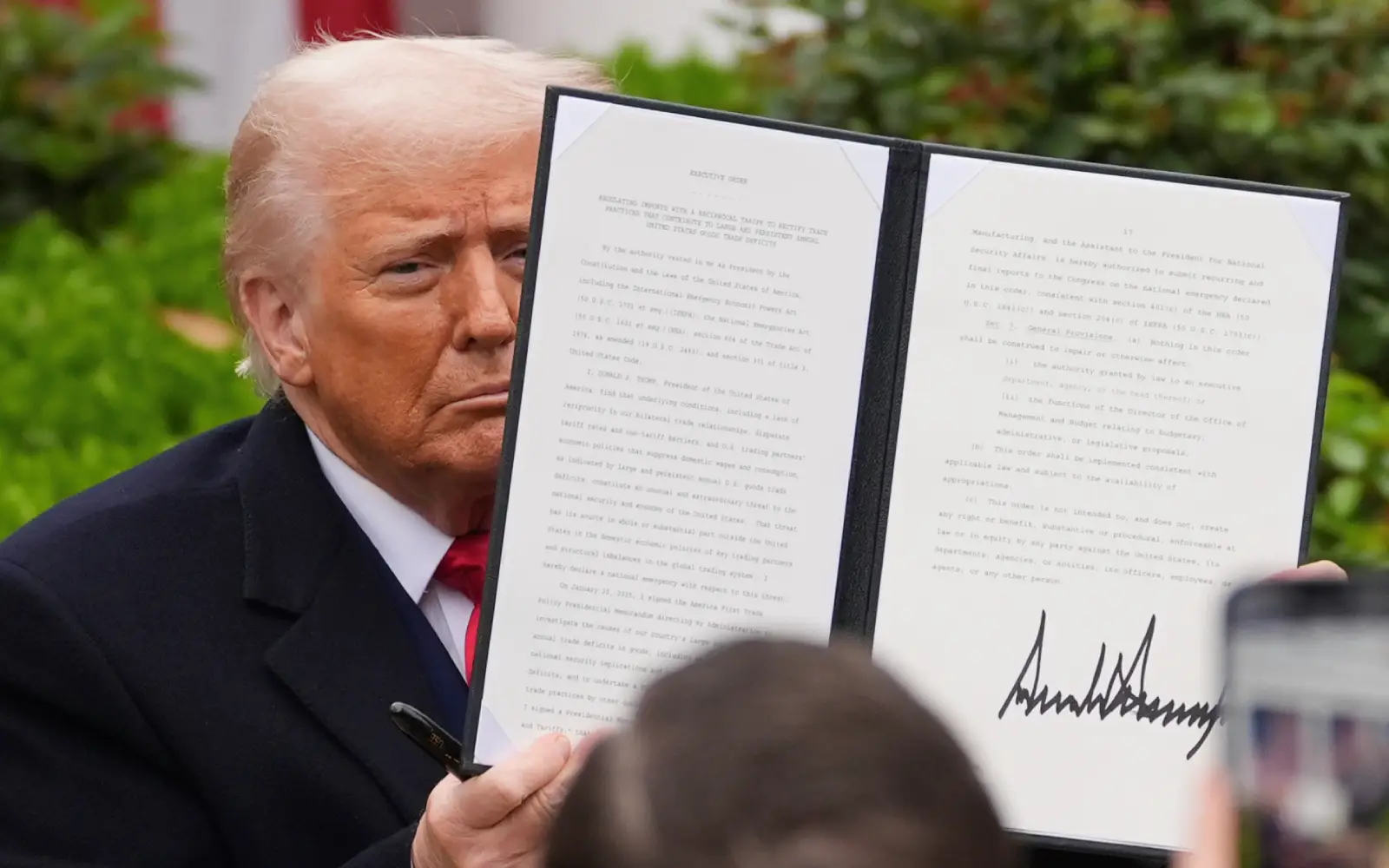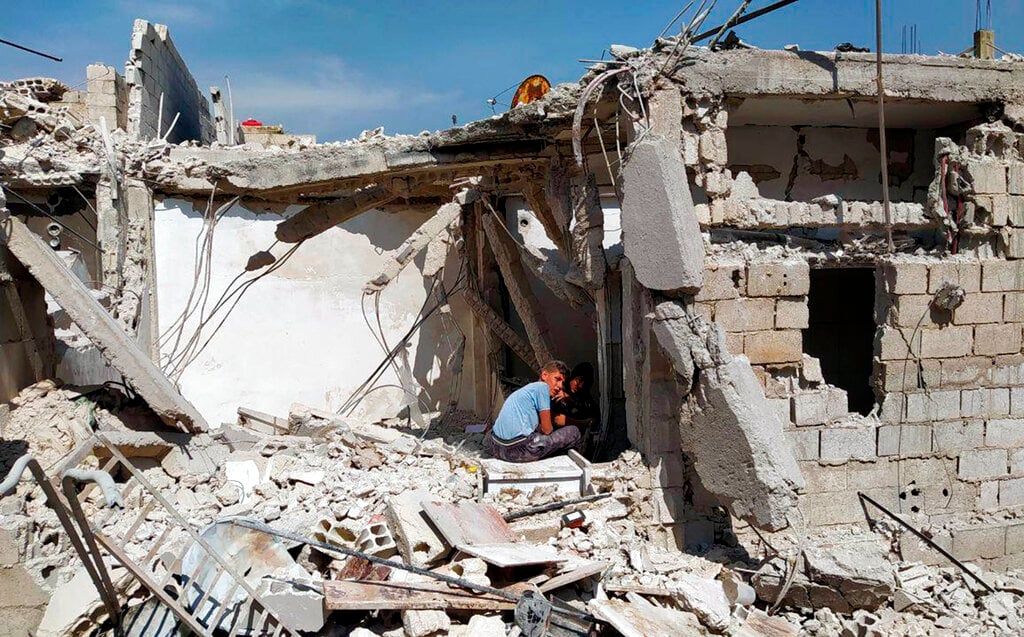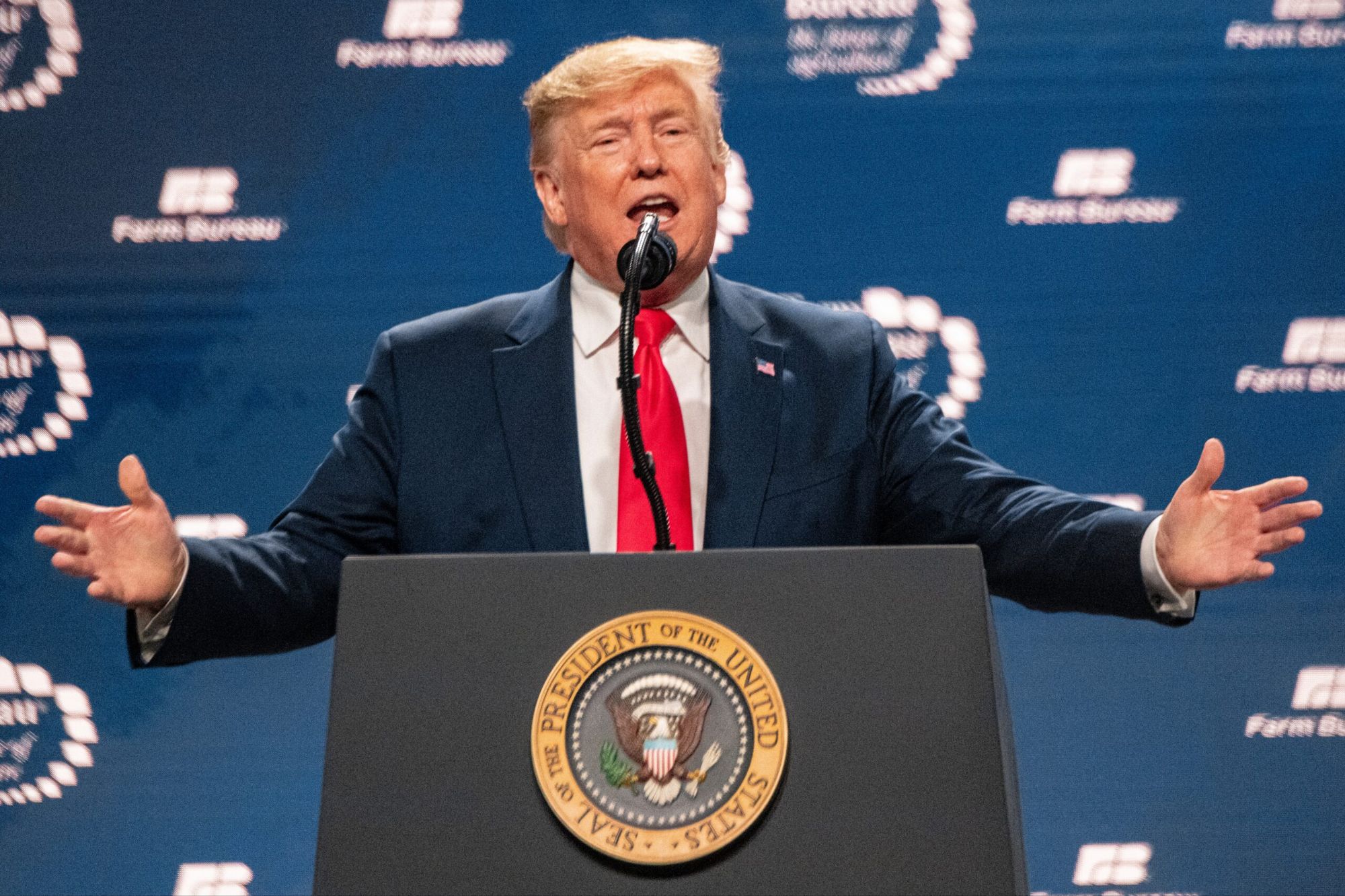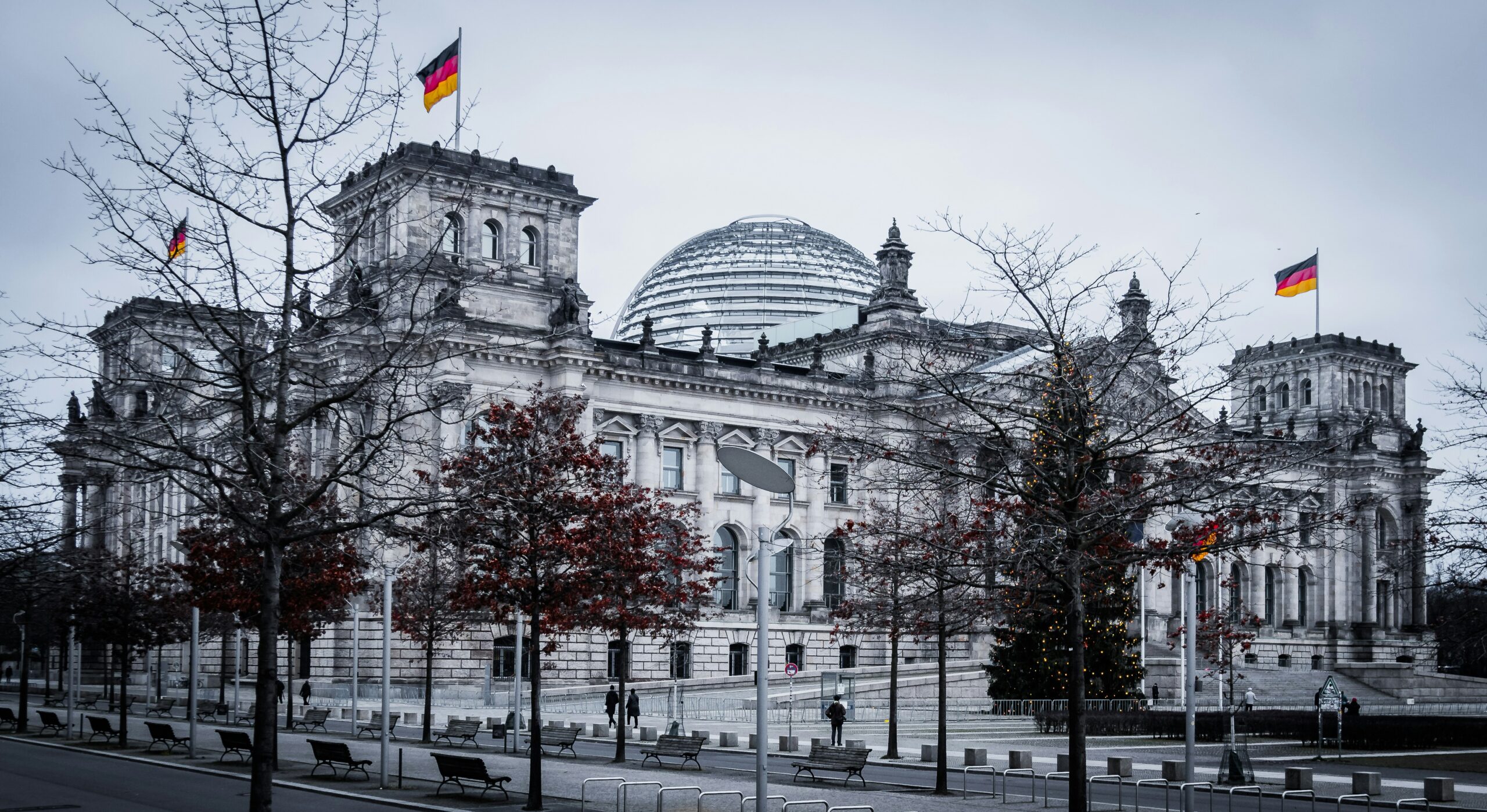On March 19, 2025, Turkish authorities arrested Istanbul Mayor Ekrem İmamoğlu, President Recep Tayyip Erdoğan’s most prominent political opponent, along with over 100 of his associates during coordinated pre-dawn raids. Charges against İmamoğlu included corruption and alleged links to terrorist groups, accusations vigorously denied by İmamoğlu and his supporters, who claim the charges are politically motivated.
Immediately following the arrests, Turkey imposed widespread internet restrictions and prohibited public gatherings in major cities. Nationwide protests erupted almost instantly, with particularly intense demonstrations in Istanbul, Ankara, and İzmir. The Turkish police force responded with significant violence, utilizing tear gas, water cannons, and aggressive crowd-control tactics. In the ensuing week, nearly 1,900 protestors were detained.
Journalists covering the events faced systematic harassment, detentions, and deportations. Turkey’s media regulatory body, RTÜK, banned live broadcasts of the demonstrations, and foreign journalists, including BBC correspondent Mark Lowen, were expelled on allegations of disrupting public order.
Media Coverage Analysis
State-controlled Turkish media, notably TRT and Anadolu Agency, significantly downplayed or ignored the protests, portraying demonstrators as violent elements influenced by foreign entities. Independent and international media sources, including Reuters, AP, BBC, and The Guardian, provided extensive coverage highlighting Erdoğan’s authoritarian methods, emphasizing the political motivations behind İmamoğlu’s arrest.
Reuters detailed the breadth of detentions and stressed Erdoğan’s increasing reliance on the judiciary to neutralize political threats. The Guardian drew attention to systematic censorship by Turkish state media, underscoring Erdoğan’s broader strategy to silence opposition voices and control the narrative. AP’s coverage further illuminated the harsh restrictions imposed on journalists, underscoring Turkey’s alarming trend toward press suppression.
Government-aligned media promoted narratives suggesting external conspiracies aimed at destabilizing Turkey, continuing Erdoğan’s historical pattern of invoking external threats to justify internal crackdowns.
Erdoğan’s Authoritarian Trajectory
Erdoğan’s current actions are deeply rooted in his long-standing strategy of consolidating power, dating back to the Gezi Park protests of 2013, where widespread dissent marked the beginning of intensified government crackdowns. The failed coup attempt in 2016 further accelerated Erdoğan’s authoritarian consolidation, leading to sweeping purges across military, judiciary, academia, and media. Tens of thousands were arrested or dismissed from their positions in the years that followed.
Since then, Erdoğan has systematically dismantled Turkey’s independent institutions, weakening judicial independence and severely restricting press freedoms. His increasingly bold authoritarian measures reflect his perception of immunity, bolstered by strategic leverage over Western powers. Erdoğan’s willingness to aggressively suppress dissent is emboldened by Turkey’s pivotal geopolitical role in the Ukraine conflict and Europe’s reliance on Turkish cooperation to manage migration flows.
With Donald Trump currently presiding over a disengaged United States administration, Erdoğan calculates limited risk of direct Western intervention or meaningful sanctions, effectively giving him a free hand domestically. Western governments, notably the EU, remain wary of provoking Erdoğan given his control over crucial migration routes into Europe and his balancing act between NATO and Russia.
The Crustian Daily’s Analysis
President Erdoğan’s recent actions represent a significant escalation of authoritarian governance, undermining Turkey’s democratic institutions. The arrest of Mayor İmamoğlu, a leading opposition figure, is an explicit attack on electoral integrity and democratic accountability. Through the manipulation of judicial processes, Erdoğan has significantly weakened the political opposition ahead of the upcoming 2028 elections.
The mass arrests, aggressive suppression of protests, and media censorship observed in recent weeks align with typical behaviors of authoritarian regimes. Erdoğan’s consistent invocation of external threats to justify internal crackdowns further aligns his governance model with historical authoritarian precedents.
These developments highlight critical questions regarding Western democracies’ willingness to confront authoritarianism, particularly when geopolitical interests complicate diplomatic responses. Turkey’s democratic trajectory is now severely compromised, prompting significant concern among international observers and domestic democratic advocates.













